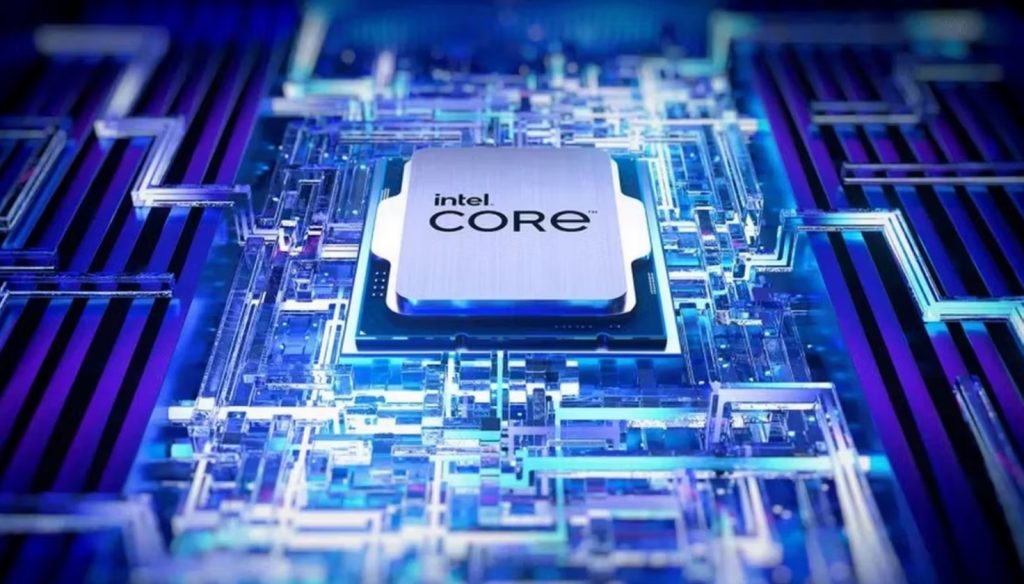
Intel is expected to announce its 14th-gen Core ‘Raptor Lake Refresh’ CPUs later this year as a follow-up to last year’s Raptor Lake lineup. Various leaks over the past few months have revealed quite a bit about the upcoming processors, but the latest info about them comes straight from Taiwanese motherboard manufacturer MSI, confirming several key details, such as the names and core counts of multiple chips in the next-gen family.
The leaked information comes from an unlisted MSI video on YouTube (via @DarkmontTech), which discusses some of the key details about Intel’s upcoming CPUs. While the video has since been taken private, it reveals that the Raptor Lake Refresh lineup will use the Intel 7 (10nm) process node and support higher DDR5 frequencies. Most notably, the next-gen chips will apparently only be 3 percent faster than their predecessors, with the i7-14700K offering on average up to 17 percent higher performance than the 13700K in multi-threaded applications.
The performance boost for the 14700K will be on account of four additional ‘Efficient’ cores in the new chip, which is said to come with 8 Performance cores and 12 Efficient cores, compared to the 8P+8E configuration of the 13700K. Both the i5-14600K and the i9-14900K, however, are expected to retain the same core counts as their predecessors. While the former is set to ship with the same 6P+8E configuration as the i5-13600K, the latter will reportedly come with 8 P cores and 16 E cores, the same as the i9-13900K.
According to earlier leaks, the new chips will retain the same architecture as the Raptor Lake lineup, meaning they will have the same Raptor Cove P-Cores + Gracemont E-Cores as their predecessors. They will be based on the 10nm++ process node, with at least one of the higher-end chips expected to hit 6GHz+ frequencies. The faster performance, however, will come at a cost, as the top-end Raptor Lake Refresh chips could have a 300W+ TDP. On the positive side, they will be compatible with existing LGA 1700 / 1800 motherboards, meaning users will be able to easily upgrade their processor without changing their entire setup.